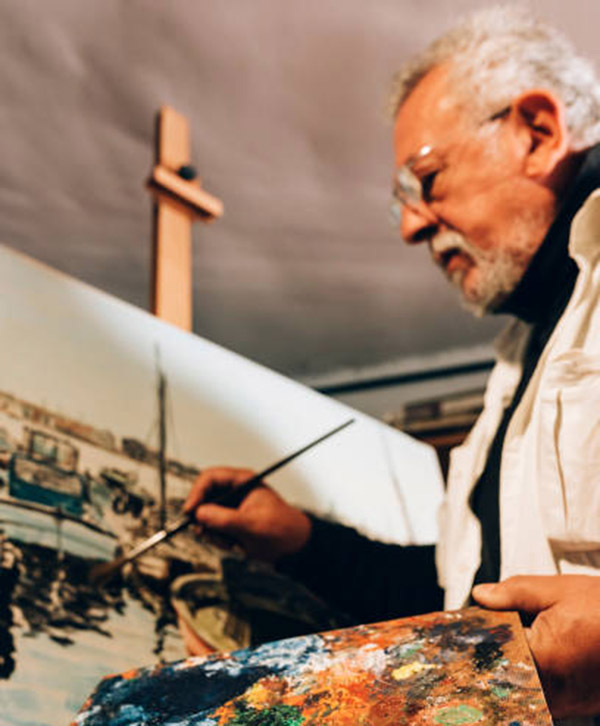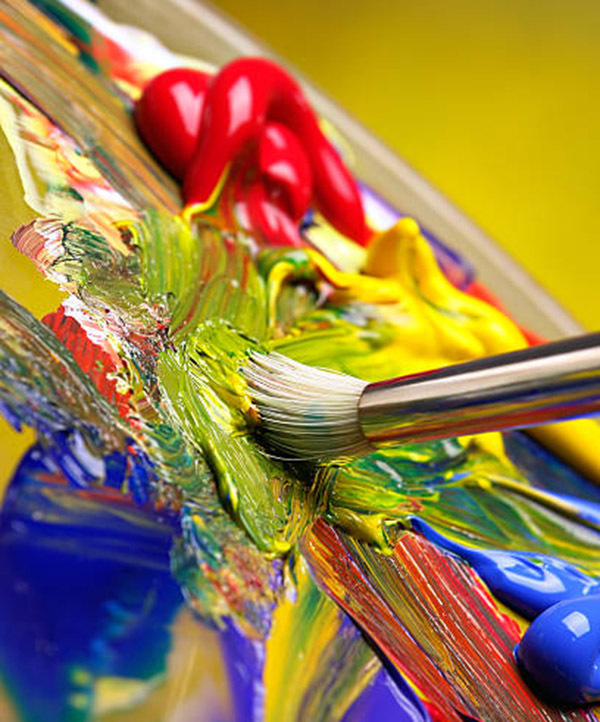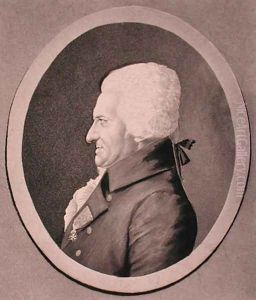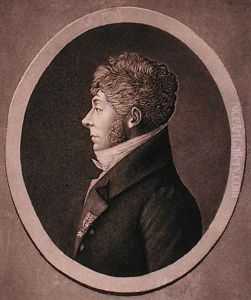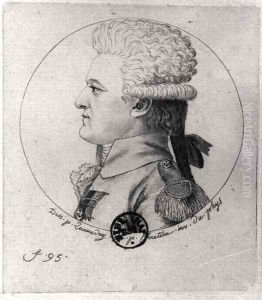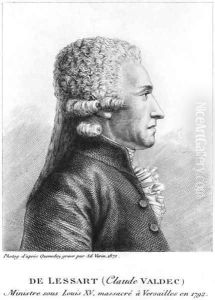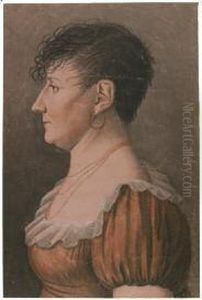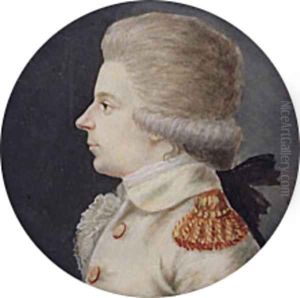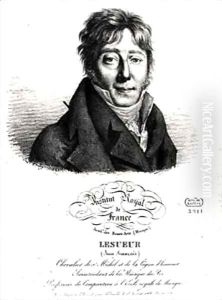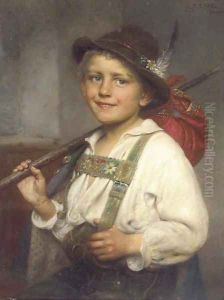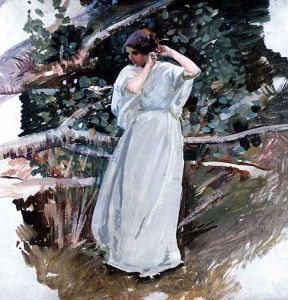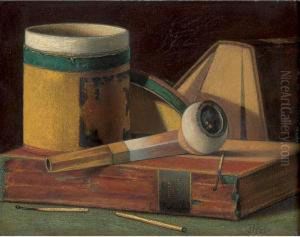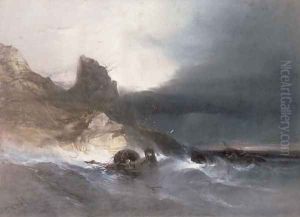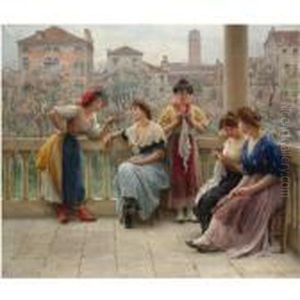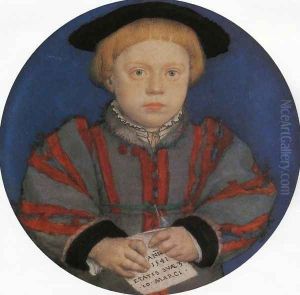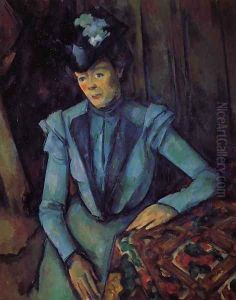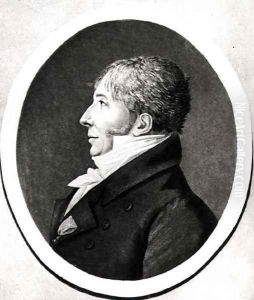





Jean Francois Le Sueuer or Lesueur 1760-1837 engraved by Edme Quenedey 1756-1830
-
About Reproduction
Discover the allure of art with our faithful reproduction of "Jean Francois Le Sueuer or Lesueur 1760-1837 engraved by Edme Quenedey 1756-1830", originally brought to life by the talented Edme Quenedey. Unlike posters or prints, our hand-painted oil painting breathes an unique sense of depth and texture into your space. Every detail, every stroke, and every texture is meticulously recreated, paying the perfect homage to Edme Quenedey and his artistic vision.
Owning this piece is more than just decoration - it's a statement of your refined taste in art. Let the vibrant colors and intricate details of this replica serve as a daily reminder of the beauty in our world. Elevate your decor and appreciate the richness of art with our replica of this masterpiece.
-
Painting Description
Jean-François Lesueur (1760-1837) was a prominent French composer and music educator, whose contributions significantly influenced the development of French music during the late 18th and early 19th centuries. Born on February 15, 1760, in Drucat-Plessiel, near Abbeville, Lesueur displayed musical talent from an early age, which led him to study under various notable teachers, including the renowned composer François-Joseph Gossec.
Lesueur's career began in earnest when he secured a position as maître de chapelle at the Cathedral of Notre-Dame in Paris. His tenure there was marked by his innovative approach to sacred music, blending traditional liturgical forms with the grandeur and emotional intensity that would later characterize his operatic works. His compositions during this period include several masses and motets that garnered significant acclaim.
In 1804, Lesueur was appointed as the professor of composition at the newly established Paris Conservatoire, where he mentored a generation of composers, including Hector Berlioz, who would go on to become one of the most influential figures in Romantic music. Lesueur's pedagogical methods and his emphasis on dramatic expression left a lasting impact on his students and the broader musical landscape.
Lesueur's operatic works, such as "La Caverne" (1793) and "Ossian, ou Les Bardes" (1804), are notable for their dramatic intensity and orchestral richness. His opera "La Mort d'Adam" (1809) is particularly significant for its ambitious scope and innovative use of choral and orchestral forces. These works reflect his ability to blend the grandeur of French grand opera with the emotional depth of Italian opera seria.
In addition to his compositional achievements, Lesueur was also a respected music theorist and writer. His treatises on music theory and composition were widely read and contributed to the intellectual discourse on music during his time.
Lesueur's legacy is further immortalized through the work of Edme Quenedey (1756-1830), a renowned French engraver, who created an engraving of Lesueur. This portrait not only captures the likeness of the composer but also serves as a testament to his enduring influence in the world of music.
Jean-François Lesueur passed away on October 6, 1837, in Paris, leaving behind a rich legacy of musical innovation and education that continued to inspire future generations of composers and musicians. His contributions to both sacred and secular music remain a significant part of the history of Western classical music.
-
Lead Time & Shipping
When you order this oil painting replica, it typically takes 2-3 weeks to paint. If the artwork is more complex, it might need a little more time to ensure the best quality. Once it's ready, we'll send you a photo for your approval. After you give the green light, we'll ship it to you for free.
-
Return & Refund
We believe in the quality of our hand-painted oil painting reproductions, and your satisfaction is our priority. If for any reason, you are not completely satisfied with your purchase, we offer a 45-day return policy. You can return your artwork within 45 days of receipt and receive a full refund. Please note that the artwork must be returned in the original packaging and in the same condition as it was received.

